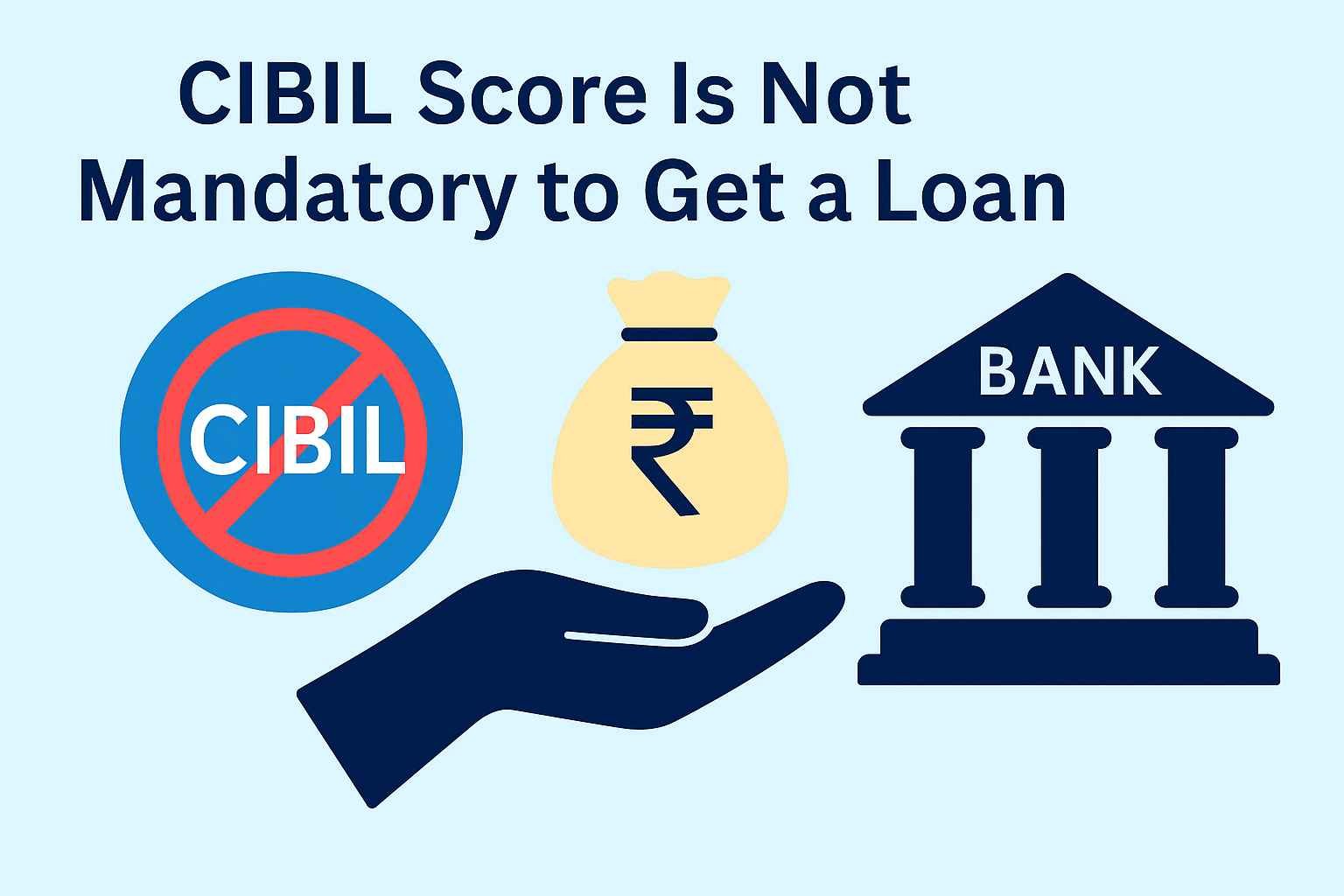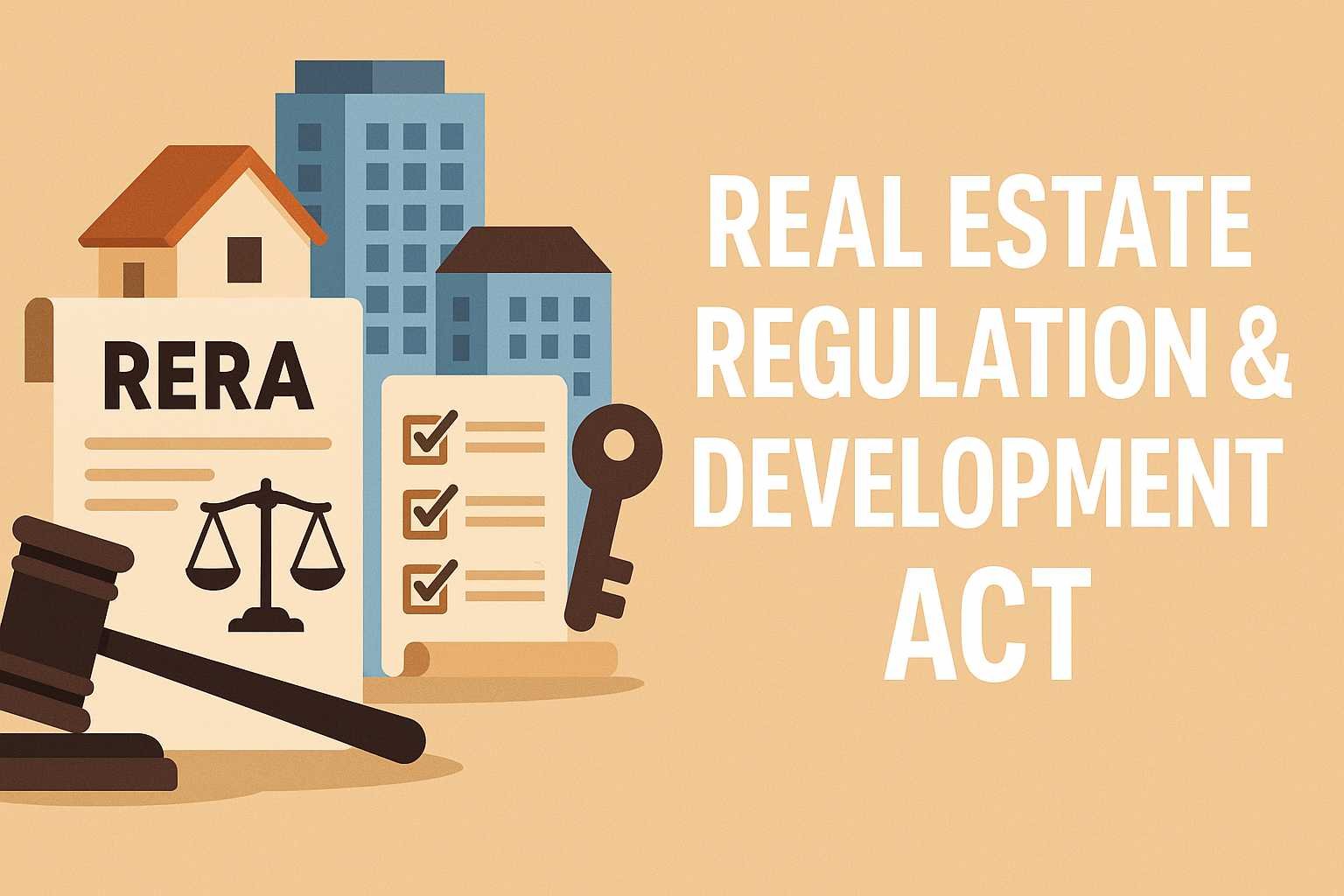On this page you will read detailed information about Can Foreigners Buy Property in India?
When non-Indians wonder whether they can buy land or buildings in India, the short answer is: it depends on who you are (NRI, OCI, foreign national), where you live (in India, outside India), and what kind of property (residential, commercial, agricultural). The regulations are governed largely by the Foreign Exchange Management Act (FEMA) and Reserve Bank of India (RBI) guidelines, and also by state laws and local permissions.
This blog lays out the legal position, restrictions, and practical steps for foreigners wishing to acquire property in India.
Key legal framework & governing authorities
- FEMA / RBI
Under FEMA (Non-Debt Instruments) Rules, 2019, and RBI’s “Purchase of Immovable Property” FAQs, foreign investment in real estate is regulated.
The RBI issues directions about when foreigners may acquire immovable property, when prior approval is needed, and what kinds of property are excluded (like agricultural land). - State / local laws
Even if RBI permits a transaction, state or municipal laws (such as land registration, municipal rules) may impose further conditions or restrictions.
Who counts as a “foreigner” under these rules?
To understand who can or cannot buy property, we need to distinguish between:
- Indian citizens (resident or non-resident)
- NRIs (Non-Resident Indians) — Indian citizens living abroad
- OCIs (Overseas Citizens of India) — persons of Indian origin holding OCI cards
- Foreign nationals of non-Indian origin — i.e. citizens of other countries with no Indian origin
The rules differ for each category.
What foreigners can and can’t acquire
NRIs and OCIs
These are the more privileged categories:
- NRIs and OCIs can purchase residential and commercial immovable property anywhere in India without needing prior RBI approval.
- However, they cannot buy agricultural land, plantation land, or a farmhouse under general permission.
- They can acquire property via purchase, gift, or inheritance (for non-agricultural property).
- Payment must be made through legal banking channels (not via foreign currency notes) or via funds in NRE/NRO/FCNR accounts.
- There is generally no limit on the number of residential/commercial properties an NRI/OCI may own.
- If they sell the property, repatriation of sale proceeds is allowed under conditions prescribed by RBI.
In sum: as an NRI or OCI, you enjoy fairly broad rights to own non-agricultural real estate, subject to FEMA and RBI norms.
Foreign nationals (non-Indian origin)
This is more restrictive:
- A foreign national of non-Indian origin who is resident outside India (i.e. lives abroad) cannot normally purchase immovable property in India by purchase.
- They may, however, inherit property or receive property via gift, subject to certain conditions.
- They may lease property (immovable property) in India for a term not exceeding five years, without needing prior approval.
- If they are resident in India (i.e. satisfy conditions under FEMA for being “resident”), they may be allowed to purchase property (including as foreign nationals) except in some specified prohibited cases.
- Citizens of certain countries (e.g. Pakistan, Bangladesh, Sri Lanka, Afghanistan, China, Iran, Nepal, Bhutan) face extra restrictions: even if resident in India, they need prior RBI approval for acquiring property.
Thus, foreign nationals of non-Indian origin have a constrained ability to own property, especially when living abroad.
Conditions, restrictions & exceptions in detail
Agricultural land, plantation, farmhouse: mostly off-limits
In nearly all cases, agricultural land, plantations, and farmhouses are forbidden acquisitions for non-citizens, NRIs, or OCIs under general permissions.
If a foreigner or OCI inherits such land (which a resident Indian had), state laws may allow retention, but future purchase or transfer might be restricted.
Prior RBI / government approval
If a foreigner wishes to acquire a property outside the general permissions, or is from the list of restricted countries, or wants to acquire agricultural land, or is a foreign company, prior approval of the Reserve Bank of India is required.
Residency definition under FEMA
To treat a foreign national as “resident” (thus enabling property acquisition), FEMA rules consider:
- Stayed in India for more than 182 days in the preceding financial year
- Purpose of stay indicates intent to remain (work, business, indefinite stay)
If both conditions are met, they may be considered a “Person Resident in India” under FEMA, and thus allowed to acquire property under law (excluding agricultural land and those requiring special permission).
Mode of payment & foreign exchange compliance
- The payment for immovable property must come via normal banking channels (not foreign currency notes or traveler’s cheques).
- Funds from NRE/NRO accounts are allowed, but subject to compliance.
- If property is sold, repatriation of proceeds is allowed in certain cases, subject to RBI limits and conditions.
Foreign companies & branch/liaison offices
- A foreign company (or entity) properly registered in India (as branch, subsidiary, etc.) may acquire property necessary or incidental to its operations, subject to conditions.
- A liaison office typically cannot acquire property, except lease for a limited term.
Practical scenarios and examples
- An American citizen living in the U.S., with no Indian origin, cannot purchase an apartment in Mumbai unless they first become a “resident” under FEMA rules or obtain RBI approval.
- An OCI cardholder living abroad can purchase a flat in India (non-agricultural) and later rent it out, or sell it and repatriate some proceeds following RBI rules.
- If someone from China is living in India for a job and has been resident for 3 years, they may qualify as a “resident foreign national” under FEMA and can buy property (excluding agricultural) subject to RBI approval if from restricted country.
- A foreign company with an Indian subsidiary can purchase a building for its office use under approved business operations, but cannot buy agricultural land.
In the previous post, we had shared information about Navigating Land Purchases in Maharashtra: A Comprehensive Guide to Agricultural and Non-Agricultural Land Transactions, so read that post also.
Compliance risks, penalties & due diligence
- If a foreign national purchases property without RBI approval when required, that transaction may be treated as illegal, and the acquisition may be challenged.
- State or municipal registration may refuse to register the deed if compliance under FEMA is not satisfied.
- Repatriation of sale proceeds might be blocked or subjected to penalties.
- Unlawful acquisitions can be annulled or compelled to reverse, especially if challenged by authorities.
Therefore, due diligence is critical:
- Check FEMA/RBI guidelines for your nationality
- Confirm that the property is residential or commercial, not agricultural
- Ensure proper funds and bank routing
- Where needed, apply in advance for RBI/local approvals
- Confirm state-level, municipal approvals, clear title, no legal claims
Recent updates (2024-2025) & trends
- Many real estate developers increasingly cater to NRIs/OCIs, offering apartments, villas, and documentation aligned with FEMA and RERA compliance.
- In regulatory commentary and guide sites, the cutoff of 182 days residence for being considered resident is repeatedly cited.
- RBI periodically updates its FAQ pages to clarify which foreign national categories require approval.
However, I did not find any sweeping changes in 2025 that dismantle these core principles—so current rules remain largely the same as in recent years.
Summary (Key Takeaways)
| Foreigner Type | Can Buy Non-Agricultural Property? | Requires Prior Approval? | Can Lease Property? | Can Inherit Property? |
|---|---|---|---|---|
| NRI / OCI | Yes | No (for permitted property) | Yes | Yes |
| Foreign national (non-Indian origin), resident in India (meets FEMA residence) | Possibly | If from restricted country or for prohibited type | Yes (≤5 years) | Yes |
| Foreign national resident outside India (non-Indian origin) | No (except inheritance) | Yes, for any purchase | Yes (≤5 years) | Yes |
Agricultural land / plantation / farmhouse properties: mostly not allowed for foreigners, even NRIs/OCIs, under general rules.
Final thoughts & recommendation
Yes, foreigners can sometimes buy property in India—but it depends heavily on your status (NRI/OCI vs foreign national), how long you’re tied to India, whether you meet FEMA residency criteria, the kind of property, and whether you heed RBI and state regulations.
If you are considering doing this:
- Engage a legal expert specializing in FEMA/real estate to determine your eligibility.
- Check nationality restrictions (some countries are under restricted lists needing special RBI approval).
- Confirm the property type (residential/commercial) and avoid agricultural/plantation land unless permissible under local inheritance rules.
- Use proper banking channels for the transaction.
- Secure necessary approvals (RBI, state, municipal) before finalizing.
- Verify title and due diligence on the land record, encumbrances, permissions, etc.
Disclaimer
The information and services on this website are not intended to and shall not be used as legal advice. You should consult a Legal Professional for any legal or solicited advice. While we have good faith and our own independent research to every information listed on the website and do our best to ensure that the data provided is accurate. However, we do not guarantee the information provided is accurate and make no representation or warranty of any kind, express or implied, regarding the accuracy, adequacy, validity, reliability, availability, or completeness of any information on the Site. UNDER NO CIRCUMSTANCES SHALL WE HAVE ANY LIABILITY TO YOU FOR ANY LOSS OR DAMAGE OF ANY KIND INCURRED AS A RESULT OR RELIANCE ON ANY INFORMATION PROVIDED ON THE SITE. YOUR USE OF THE SITE AND YOUR RELIANCE ON ANY INFORMATION ON THE SITE IS SOLELY AT YOUR OWN RISK. Comments on this website are the sole responsibility of their writers so the accuracy, completeness, veracity, honesty, factuality and politeness of comments are not guaranteed.
So friends, today we talked about Can Foreigners Buy Property in India?, hope you liked our post.
If you liked the information about Can Foreigners Buy Property in India?, then definitely share this article with your friends.
Knowing about laws can make you feel super smart ! If you find value in the content you may consider joining our not for profit Legal Community ! You can ask unlimited questions on WhatsApp and get answers. You can DM or send your name & number to 8208309918 on WhatsApp









